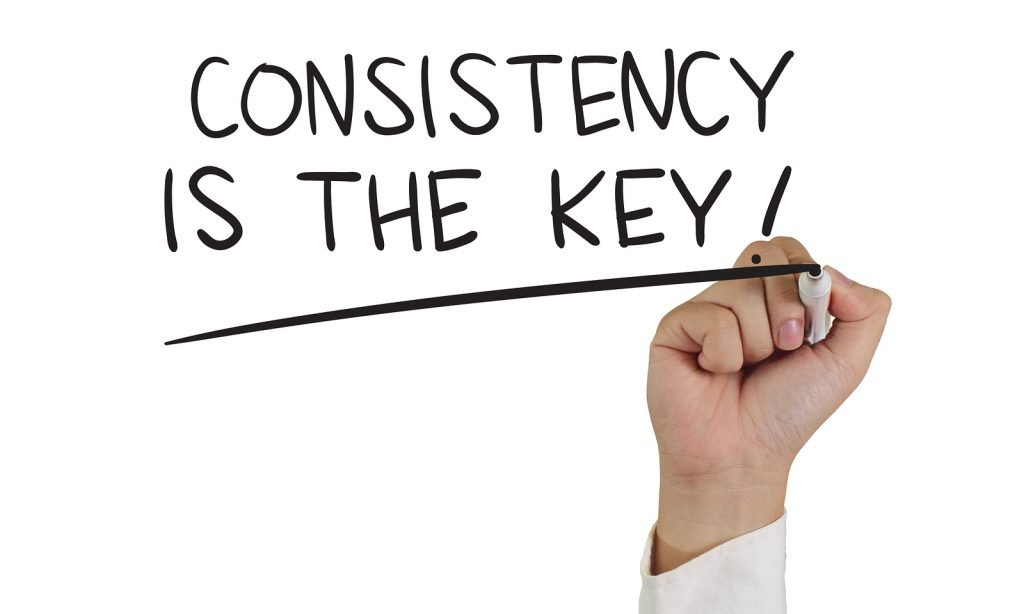The concept of a global economy is much more than a buzz-phrase: in fact, it’s reality. With the steady rise of multinational companies over the past few years in the United States alone, modern businesses understanding the trend of appealing as many customers as possible, regardless of region. In short, perhaps one of the best ways to combat an uncertain economy is by going global and broadening our base of customers.

However, when it comes to multinational marketing, the debate of standardization versus localization is fierce. Despite the controversy, the benefits of standardization are paramount for budding businesses, including…
- Increased efficiency as the marketing aspects of your business are streamlined for more potential customers versus a select few
- Reduced cost of marketing as localization requires more research and legwork to implement
- The ability to focus on the needs of all customers versus spreading your resources too thin
Despite its many benefits, standardization becomes tricky as companies attempt to meet the needs of smaller, localized regions where a blanket approach may not seem to work. What’s a company to do when they want the best of both worlds when it comes to their marketing strategy?
If you’re looking to run a leaner, more efficient business that remains competitive in the global economy, consider the following three standardization techniques to streamline your marketing efforts.
The Benefits of Bilingual and Multilingual Employees
In addition to the inherent diversity of bilingual and multilingual employees, there are huge benefits to having such staff on hand, including…
- An ability to reach out to and network with foreign clients, understanding what language and marketing messages resonate with them (for example, marketing that works well in the United States may not be a good fit for clients in India)
- Bilingual workers are naturally gifted at multi-tasking and communicating, perhaps two of the most important skills for any member of your team
- Bilingual employees can act as translators for foreign clients, allowing you to be able to broaden your business’ clientele by having someone who can proofread and write in their respective language
Recruiting bilingual employees for your team not only serves the best interest of your company, but also potential clients when it comes to reaching a broader audience around the globe.
Consider Your Customers and Their Culture
Whether your company is selling information, software or a physical product, consider the threads between your products and customers worldwide.

Despite having customers in Germany and South Africa, for example, consider what challenges all of your potential customers are face and how you can meet their needs. Rather than worrying about the specifics of localizing your company, worry first about how your product can best benefit everyone.
For example, are the challenges faced by Internet marketers in the Canada and Finland really that much different if you’re an American company selling an SEO solution?
Critics may claim that standardization takes away a certain sense of personalization offered by localized marketing. Instead, think of standardization as a way of customizing your products to reach a broader base. By focusing your efforts around a single, non-localized product, you can spend less time marketing and more time expanding.
Consistency is Key
Perhaps the most important technique for standardization marketing is consistency, especially in regard to providing stellar customer service and satisfaction to buyers.

Multinational companies must be consistent to ensure the high quality of their products, especially as a means of standing out against competition. Consistency is something that can be understood by all cultures; therefore, stress your company’s consistency throughout your marketing message.
While there is no one-size-fits-all strategy to global marketing, consider how the techniques of standardization can help you create a leaner, more focused businesses. By better targeting your products and market to meet the needs of customers worldwide, you poise yourself to build a stronger business for the long-term.
